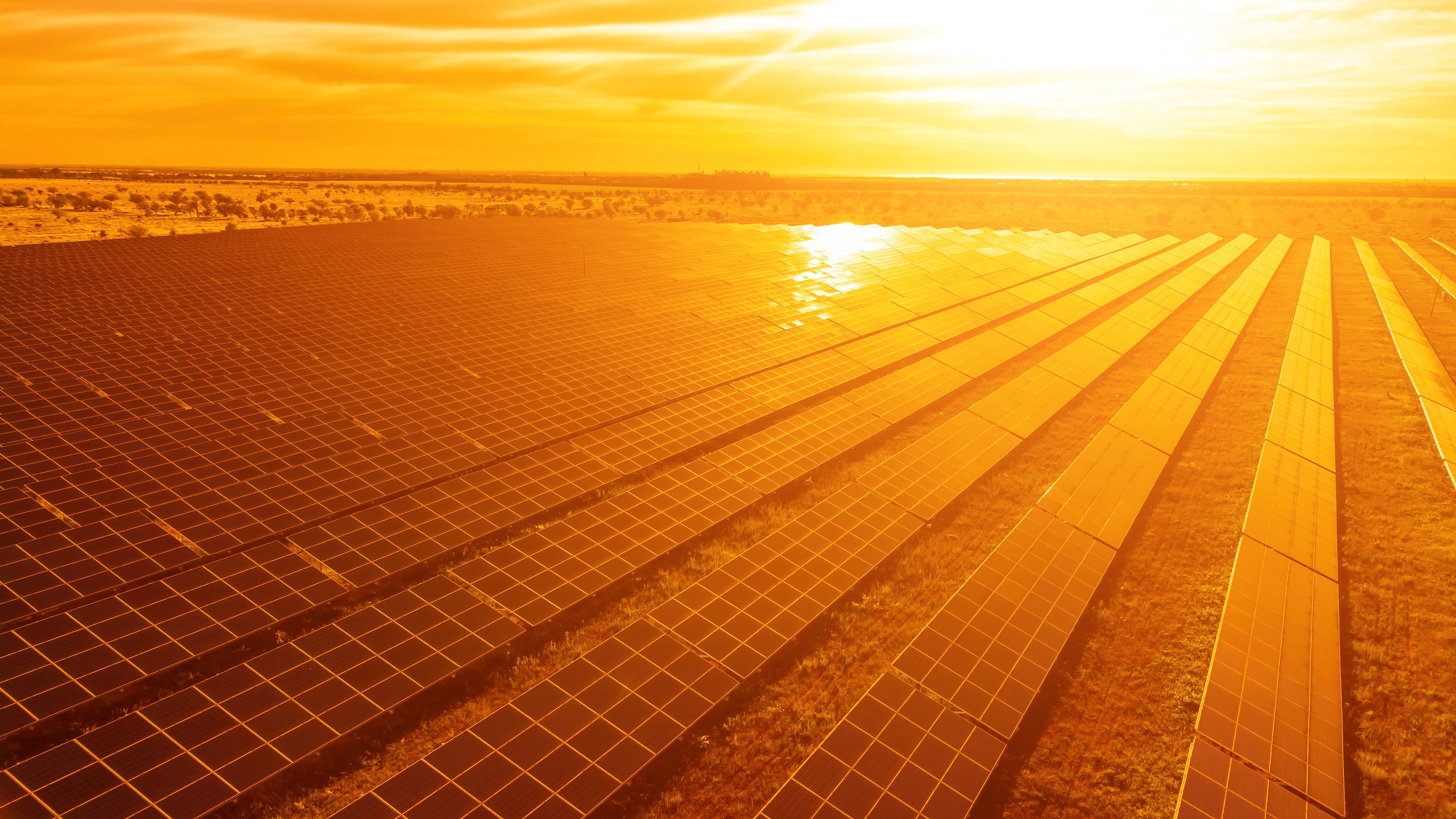The Gulf’s Climate Crisis
Al-Ittihad, UAE, July 23
Numerous studies have shown that extreme heat waves could have a profound effect on the climate in the Gulf countries, potentially rendering them uninhabitable by 2070. Prominent experts from the Massachusetts Institute of Technology, Professor Jeremy Pal and Professor Elfatih Eltahir, have warned that unless a notable reduction in carbon emissions is secured, the region could experience considerable daily increases in temperature. Furthermore, they emphasized that climate change could significantly impair habitability in this usually scorching region in the future. The “urban heat island effect” has been a major contributor to the alarming temperature increases observed in the Gulf region, resulting in an accelerated trajectory of global warming, and placing the population at risk of various illnesses. This is caused by the expansion of cities, which sees vast green spaces swapped out for concrete and asphalt roofs that absorb heat and create microclimates with significantly higher temperatures compared to the rural areas in the vicinity. The sweltering heat of summer can lead to serious health problems, from heat exhaustion and heat stroke to organ failure. In addition, the elevated temperatures associated with warm weather increase the risk of respiratory-related issues caused by extreme air pollution and ozone formation, as well as cardiovascular problems resulting from heat stress. Vulnerable populations—including the elderly, young children, and pregnant women, as well as those with preexisting health conditions—face the greatest risks of climate change. Effectively responding to this challenge necessitates the implementation of major strategies to transition to renewable energy sources, such as solar and wind, to reduce greenhouse gas emissions. The Gulf countries are experiencing alarming increases in global warming, with dire repercussions for the environment and public health alike. We must intensify sustainable urban planning that focuses on green infrastructure and eco-friendly building materials to mitigate the effects of urban heat islands. Further, the public needs to become aware of the health risks of global warming, and health systems need to be strengthened to be able to adapt to climate changes and properly manage climate-related health challenges. Urgent action is needed to address climate change. It is essential that the necessary steps are taken to ensure the vitality of the region and the well-being of its people. The United Arab Emirates is making strides in environmental and climate protection, and it will certainly bring these topics to the fore at COP28. —Najat Alsaied (translated by Asaf Zilberfarb)


